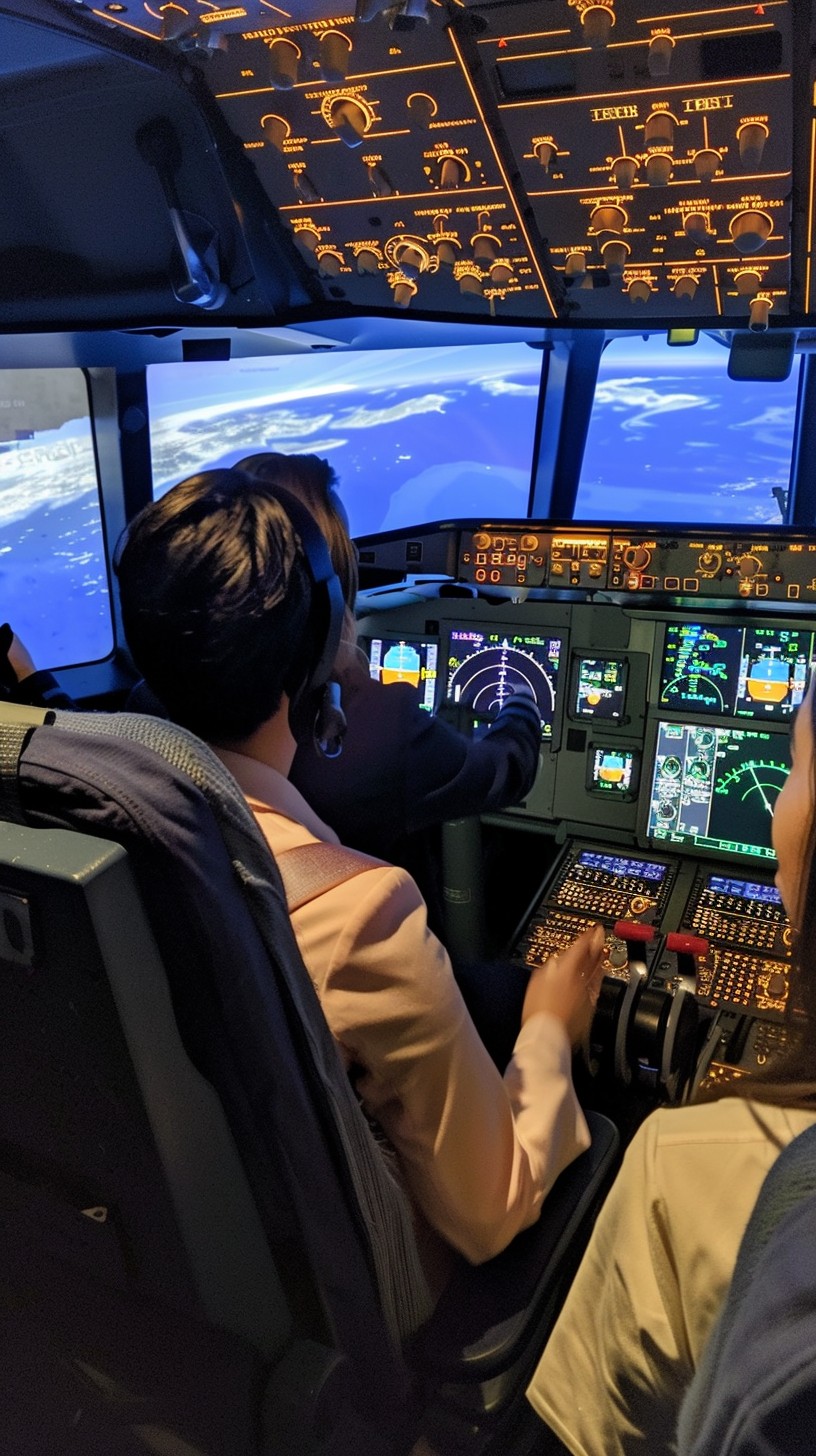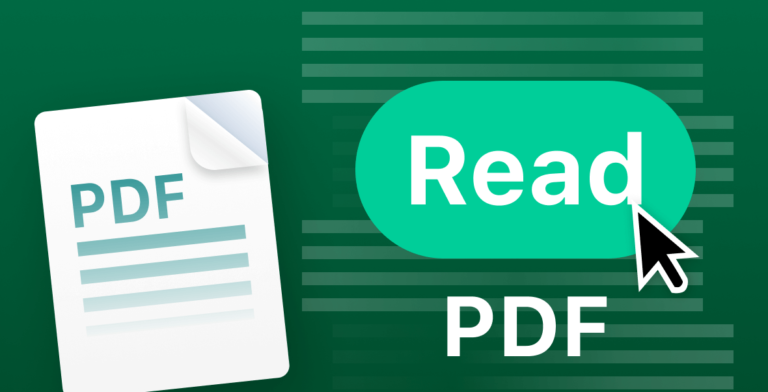Top Reasons Why an Aviation Instructor Might Fail You

Aviation training is an intense and demanding process, where precision, knowledge, and adherence to regulations are critical for success. One of the most stressful moments for any aspiring pilot is the checkride—the final examination where your aviation skills and knowledge are tested. Passing this crucial test signifies that you are ready to take on the responsibilities of a pilot, but failing can be a major setback. Understanding the reasons why an aviation instructor might fail you can be the key to avoiding common pitfalls and ensuring you are fully prepared for the challenge ahead.
1. Inadequate Pre-Flight Preparation
Pre-flight preparation is one of the most fundamental aspects of aviation training. Before even stepping into the cockpit, you must ensure that all necessary checks, paperwork, and planning are complete. Inadequate pre-flight preparation is a common reason why students fail their checkride. This includes everything from failing to properly review weather conditions, to neglecting to plan the flight route thoroughly, or not conducting a comprehensive pre-flight inspection of the aircraft.
Your instructor is trained to observe your level of preparedness meticulously. They expect you to demonstrate a clear understanding of the flight plan, weather conditions, aircraft performance, and potential risks. If your preparation is lacking, it raises concerns about your ability to handle real-world flying situations, leading to a potential failure.
2. Poor Decision-Making Skills
Aviation is a field where decisions must be made quickly and accurately, often under pressure. During your checkride, your instructor will assess your decision-making skills in various scenarios. Whether it’s handling an unexpected change in weather, dealing with an aircraft malfunction, or making a judgment call during a landing, your ability to make the right decisions is critical.
Poor decision-making can manifest in several ways, such as failing to divert when necessary, making incorrect altitude adjustments, or mismanaging fuel. If your instructor observes that you struggle with making sound decisions, particularly in time-sensitive situations, they may determine that you are not yet ready to hold a pilot’s license.
3. Incomplete Understanding of FAA Regulations
The Federal Aviation Administration (FAA) sets strict guidelines and regulations that pilots must adhere to at all times. A comprehensive understanding of these FAA regulations is essential for passing your checkride. This includes everything from airspace classifications to aircraft maintenance requirements and emergency procedures.
Instructors often find that students who fail their checkrides do so because they cannot demonstrate a clear understanding of these regulations. For example, if you are unable to explain the rules regarding controlled airspace or if you make a decision that violates FAA guidelines, it will likely result in a failing grade.
4. Insufficient Knowledge of Aircraft Systems
Each aircraft has its unique systems and components, from engines and avionics to fuel systems and controls. Insufficient knowledge of aircraft syst Inability to handle in-flight emergencies can be a significant reason for failure during a checkride. Your instructor expects you to be familiar with the specific aircraft you are flying, including how to handle potential issues or malfunctions.
For instance, if you are unable to troubleshoot an engine issue or if you incorrectly manage the aircraft’s fuel system, this indicates a lack of preparedness. Your ability to demonstrate a thorough understanding of the aircraft’s systems is crucial, as it directly impacts your ability to fly safely and efficiently.
5. Poor Communication Skills
Effective communication is vital in aviation, particularly when it comes to interactions with Air Traffic Control (ATC) and other pilots. During your checkride, your instructor will evaluate your communication skills, including your ability to follow ATC instructions, communicate your intentions clearly, and manage cockpit communications effectively.
If you struggle with radio communications, fail to convey important information, or misinterpret ATC instructions, this can lead to serious safety concerns. Poor communication skills are a red flag for instructors, as they suggest you may not be able to handle the high-pressure communication demands of actual flight situations.
6. Inability to Handle In-Flight Emergencies
One of the critical aspects of pilot training is learning how to manage in-flight emergencies. Your instructor will likely simulate various emergency scenarios during your checkride to assess your response. Inability to handle in-flight emergencies is a common reason for failure.
This could involve engine failures, electrical malfunctions, or sudden changes in weather conditions. Your instructor wants to see that you can remain calm, think clearly, and execute the correct procedures to ensure safety. If you panic or fail to follow the established emergency protocols, it indicates that you are not yet ready to be a certified pilot.
7. Lack of Mastery in Flight Maneuvers
Flight maneuvers, such as steep turns, stalls, and emergency descents, are critical components of the checkride. Lack of mastery in flight maneuvers is often a reason why students fail. Your instructor will expect you to perform these maneuvers with precision, demonstrating both skill and confidence.
If you struggle to maintain control during a maneuver, fail to adhere to the required altitude, or cannot execute the maneuver as instructed, it will reflect poorly on your overall assessment. Mastery of flight maneuvers shows that you have the necessary skills to operate the aircraft safely under various conditions.
8. Overconfidence or Underconfidence
While confidence is an essential trait for any pilot, or overconfidence underconfidence can be detrimental during a checkride. Overconfidence may lead you to take unnecessary risks, ignore critical safety checks, or underestimate the challenges of certain maneuvers. On the other hand, underconfidence can cause hesitation, poor decision-making, and an overall lack of assertiveness in the cockpit.
Instructors are trained to observe your behavior and attitude throughout the checkride. If they sense that your confidence level is affecting your performance—either by making you too bold or too cautious—they may choose to fail you to ensure that you gain the necessary balance before becoming a licensed pilot.
9. Failure to Adapt to Changing Conditions
A key aspect of piloting is the ability to adapt to changing conditions, whether it’s the weather, air traffic, or unexpected aircraft issues. Failure to adapt to changing conditions is another reason why students may fail their checkride. Instructors want to see that you can think on your feet and make appropriate adjustments to your flight plan as needed.
For example, if you encounter turbulence or a sudden drop in visibility, your instructor will assess how you handle the situation. Inability to adapt or making inappropriate adjustments can result in a failed checkride, as it shows you may struggle with real-world flying challenges.
10. Insufficient Attention to Detail
Aviation requires meticulous attention to detail, from pre-flight checks to in-flight procedures and post-flight debriefs. Insufficient attention to detail can manifest in various ways, such as overlooking a minor aircraft issue during inspection, failing to log accurate flight data, or not adhering to precise flight paths.
Your instructor will closely monitor your attention to detail throughout the checkride. If they observe repeated oversights or a general lack of thoroughness, they may decide to fail you to ensure you refine these critical skills before advancing in your aviation career.
Understanding these common reasons why an aviation instructor might fail you can help you better prepare for your checkride. By focusing on improving these areas, you can increase your chances of passing and achieving your goal of becoming a certified pilot.






